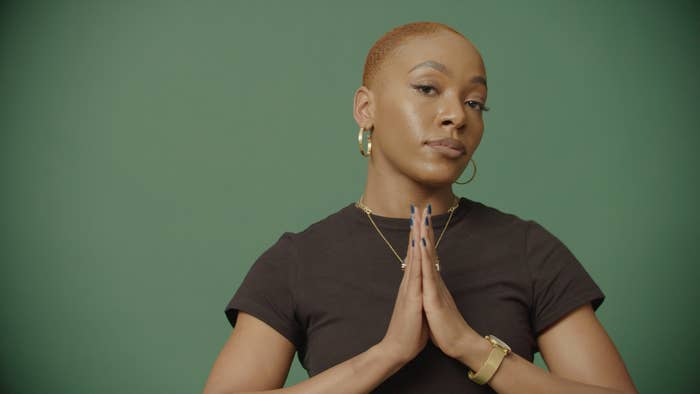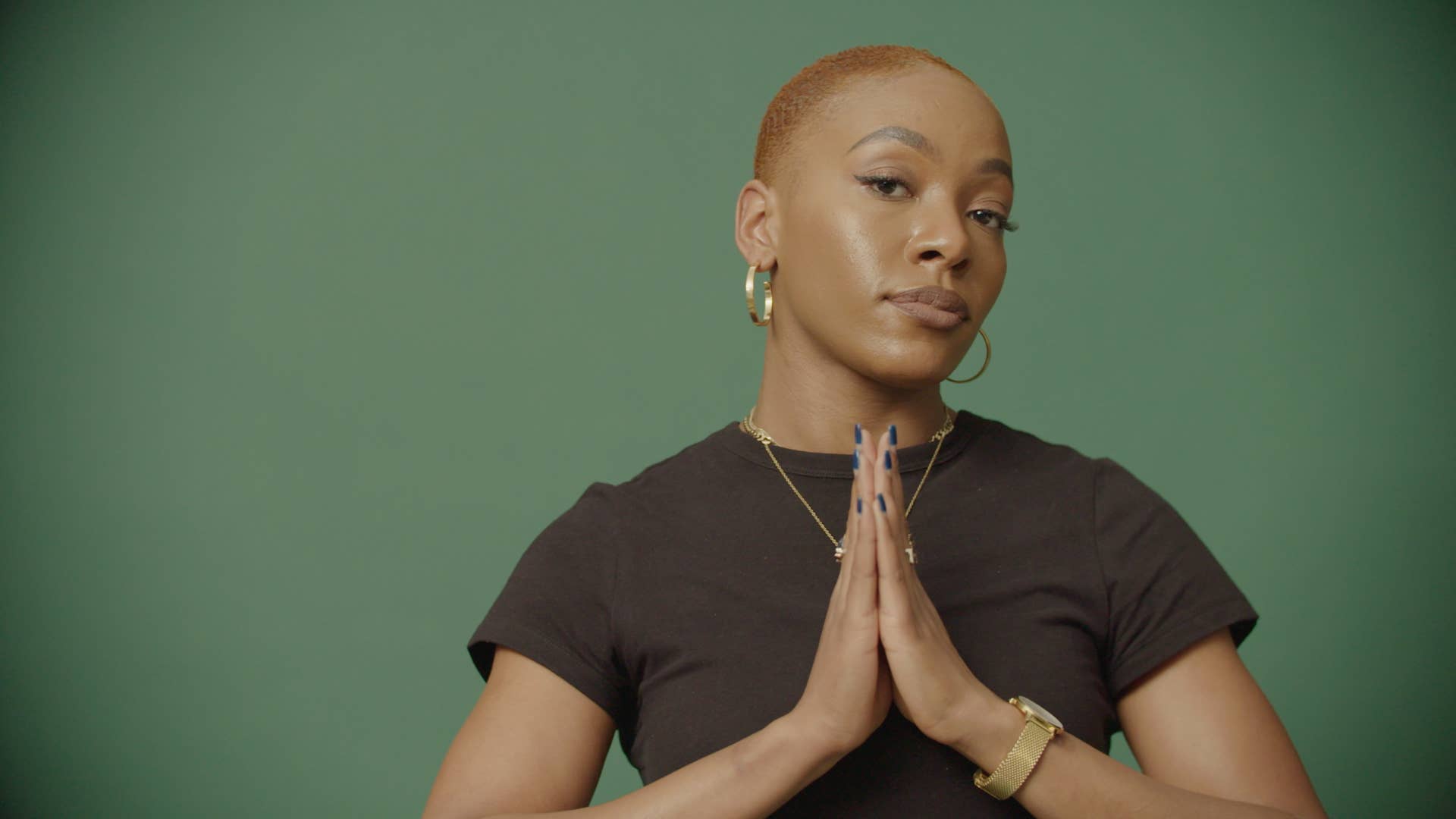
Journalist, presenter, activist and occasional Complex UK contributor, Chanté Joseph was recently tapped up by Channel 4 to create a three-part mini-series on race and some of the pitfalls white people make for themselves.
How Not To Be Racist tackles a number of subjects and breaks down what's wrong with the way white people approach them. Although complex topics, Chanté approaches each of them with a dry wit, pulling out tweets and dissecting them before applying some context from her own life and from history. She then hands the issue over to a handful of guest panelists to add their own perspectives, illustrating just how much nuance there is each time.
In a recent piece Chanté penned for iNews.co.uk, she wrote: "Although my series is called 'How Not To Be Racist', it is not enough to be 'not racist', you have to be anti-racist. I hope these videos will give people enough knowledge to not only evaluate their own actions and behaviours, but also challenge others to do better."
Watch all three episodes below.
Episode 1: Are Black People Cooler Than White People?
The first episode, Are Black People Cooler Than White People?, looks at one particular back-handed compliment often put to black people: that being black automatically makes a person 'cool'. Kicking things off by reading out some extremely misguided tweets, Chanté then puts the question to some guests she's brought in, each giving slightly different takes on the subject, but all generally agree that white people saying "black people are cooler" is, to put it mildly, weird.
As one guest puts it: "It isn't that [black culture] is inherently cool, it's that it's different. And because it's different, white people decide they want to jump into it."
Episode 2: What's Wrong With White Saviours?
Episode 2, What's Wrong With White Saviours?, looks at the insensitive trend of white, often wealthy, young people travelling to other countries to provide mostly inconsequential 'help' so that they can boast about their endeavours online. We all know the kind of Instagram posts we're talking about here. They're gross, insensitive and push a narrative that certain parts of the world wouldn't be able to help themselves unless a white person went over and showed them how.
"White saviours aren't going to save us," Chanté says. "In fact, white saviour complex is the symptom of white supremacy. It's what was used to justify slavery, colonialism and empire."
Episode 3: Is It Racist To Date Outside Your Own Race?
Don't worry: no one's saying that you can't or shouldn't date outside of your race. The crux of this episode is that only dating people from one particular ethnicity is not the same as, say, 'preferring blondes'. You're reducing someone down to the colour of their skin and essentially saying, were their skin a different colour they would no longer be attractive. Again: just don't be weird.
As Chanté puts it: "For black people, looking for love outside our race can be an extreme sport." She then goes on to illustrate the point with a list of some of the terms that white people use to describe black bodies: "chocolate", "caramel", "ebony", "BBC", "exotic", "thug", "mandingo". Yes, people still talk like that.
There is a lot to learn here, so press play, sit back, and take it all in. Happy viewing!

